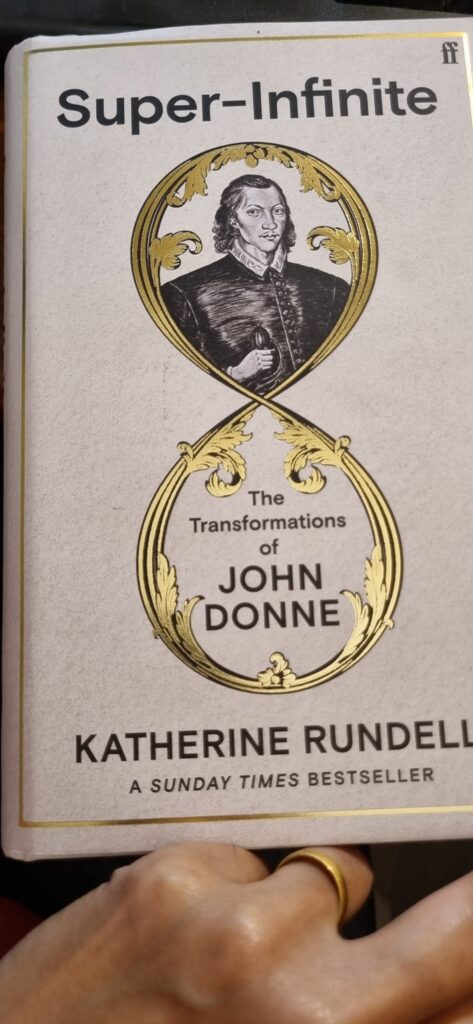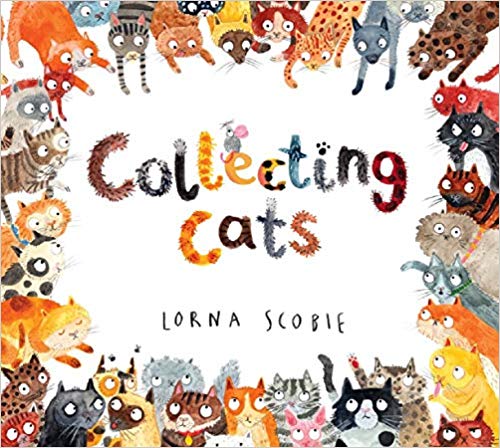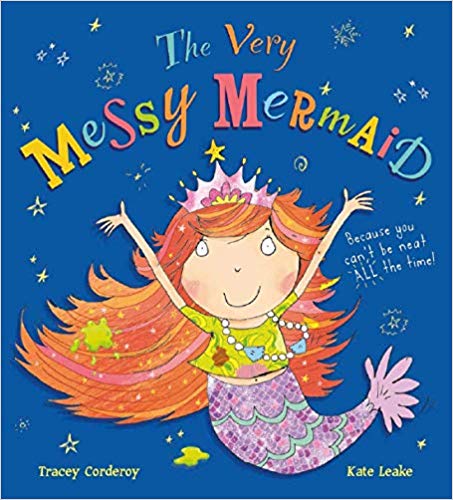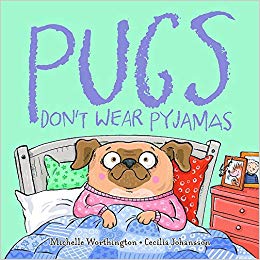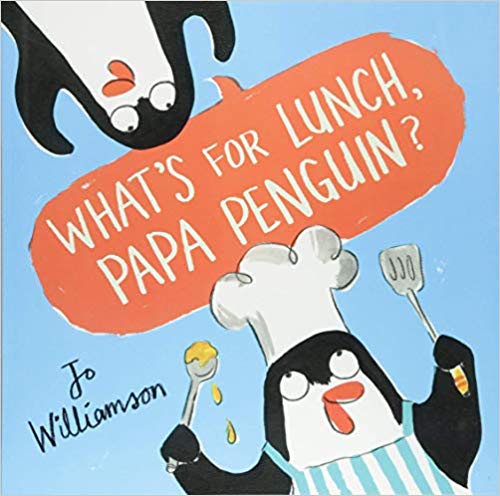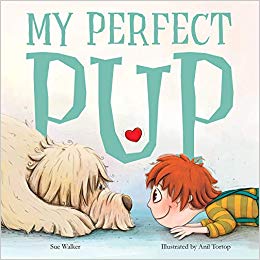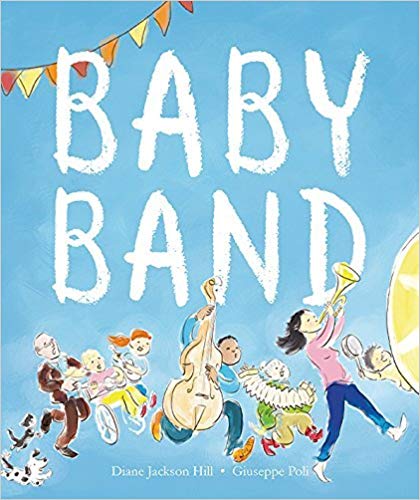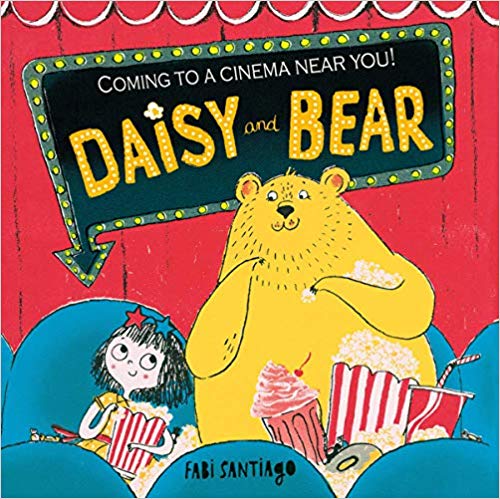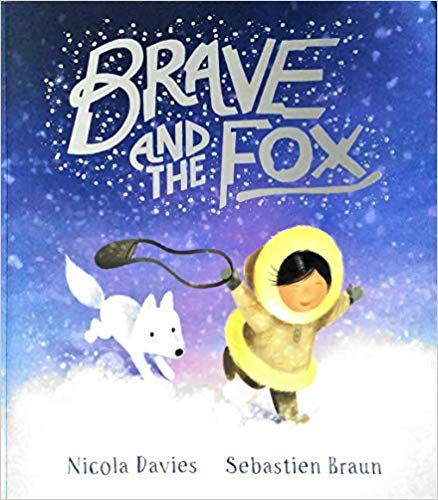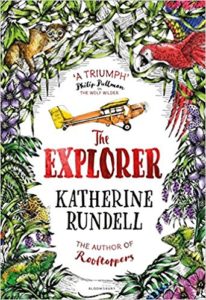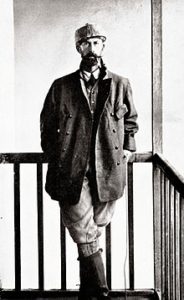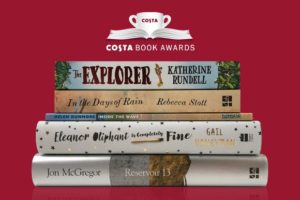Katherine Rundell, “The Golden Mole: and Other Living Treasure”
Award-winning writer (children’s and adults), thrill-seeker and roof walker, Katherine Rundell, has published another extraordinary book, The Golden Mole ( Faber Books). It is incredibly beautiful to behold and full of razzmataz in its language. It is incredibly informative. Fun facts as students love to say. “Silly” information that promptly gets embedded in one’s head whether you like it or not. For instance, who knew that a greenland shark takes 150 years to reach maturity before it can give birth. Or that in its womb, the strongest foetus develops sharp teeth and consumes its siblings. But once born, its metabolism is so slow that it only requires the nourishment equivalent to that of one and a half chocolate digestives every day! Similarly, a wombat can achieve speeds of up to 40kms/hr for nine seconds at a stretch. Compare this to Usain Bolt’s hundred-metre sprint in 2009, in which he hit a speed of 44.7 kph but maintained it for just 1.61 seconds, suggesting that a wombat could easily outrun him! Or take this: seals have surprise language-learning capacity. Rundell describes Hoover the talking seal in Maine. The golden mole, the animal, that lends its name to the book title is not a mole actually. It is more closely related to the elephant! Then Rundell proceeds to write about the creature and its iridiscence, but it is completely oblivious to it, as it is blind and lives underground.
The Golden Mole is an extraordinary book. It is primarily a collection of Rundell’s essays that were first published in the London Review of Books. These have been compiled and published as this sumptuous edition. It is as beautiful as a Jackie Morris and Robert Macfarlane books on the beauty of nature and its creatures. Rundell attempts to capture the diverse characterstics of these animals, their incredible evolution and really marvel at the beauty of Nature. Her joy and wonderment at seeing the extraordinary in the ordinary is palpable throughout the book. It is the perfect antidote to doom scrolling on the Internet. But be warned, such a crazily fascinating set of animals gathered together in this book makes one want to research these creatures some more on the Internet and that activity becomes a time sink hole.
It is an expensive but oh-so-worth-it book! It is a book that will get passed through generations.
15 Feb 2023

